14
Apr
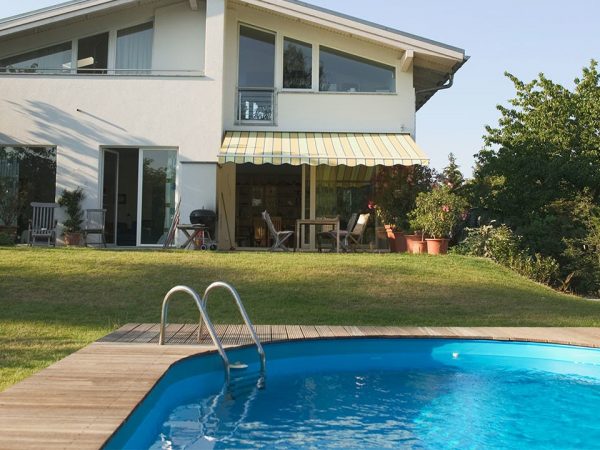
Uh, oh – pool season is over. You’d definitely splash around every day and all year long if it were up to you, right? Unfortunately, you only get to enjoy your above-ground pool for three months, leaving you with an empty ditch in the midst of your yard for the other nine. So, how can you extend pool season and get the benefits of your investment for far longer than you usually do?
Upgrading your pool with a heater can help you maintain the perfect water temperature so you can use it all year long. Although we are fortunate to have mild weather for the bulk of the year in Australia, a heat pump can help you bridge the cold weather gap even further.
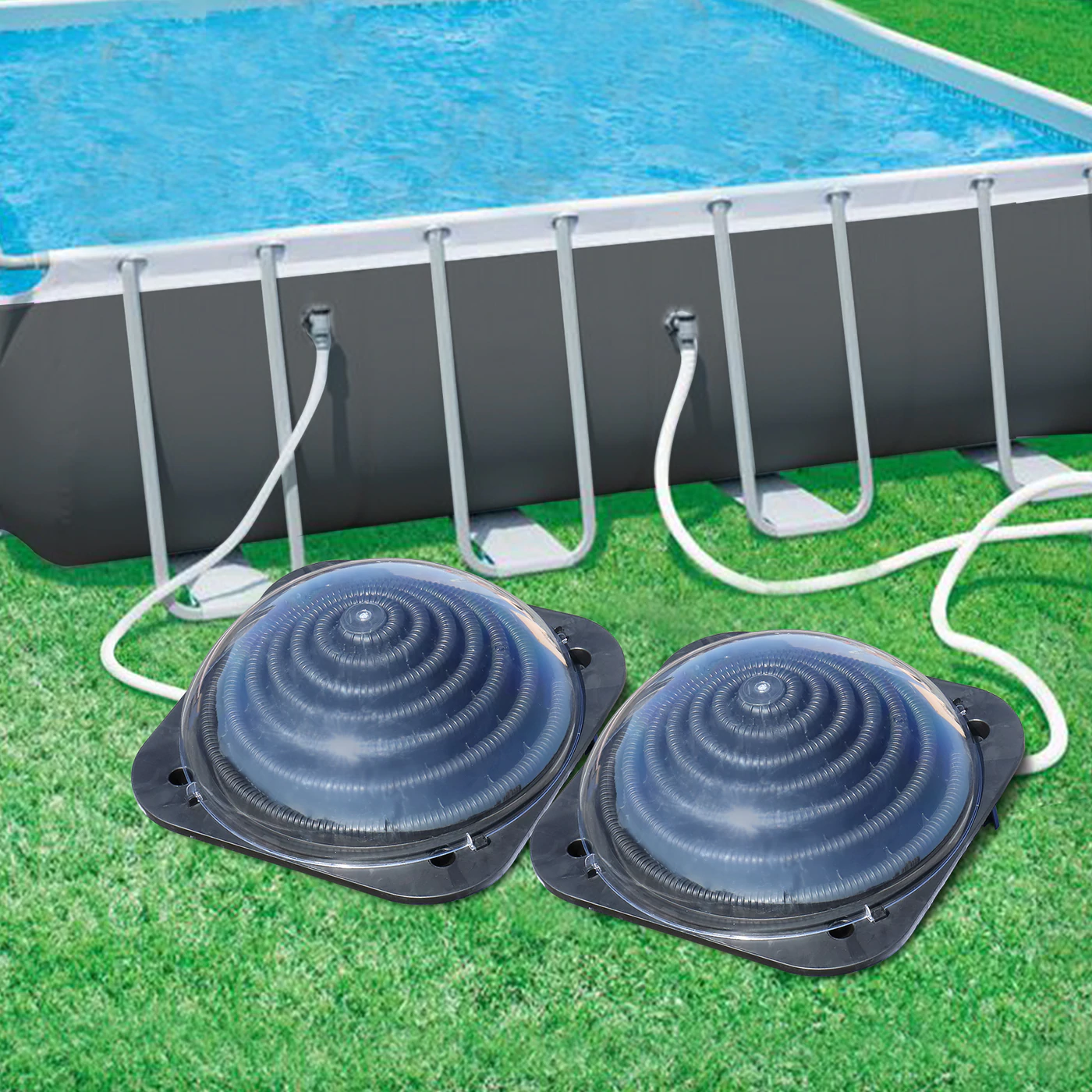
But even if you’re not one to splash around while the weather outside is 0°C, being able to heat up the pool water whenever you want to is still enticing. Yes, a heater is the element that transforms regular pools into heavenly spa retreats. After all, pools are all about relaxing, so adding warm water can transform yours into a giant outdoor spa that you’ll want to soak in.
But enough about the advantages of having a pool heater – if you’re reading this, chances are you’re already interested in having one. And what’s probably bugging you is how to decide which one to go with?
On the market, you can find several types of pool heaters: electric pumps, gas heaters and solar heaters. But the choice usually falls down to either a gas heater or a heat pump.
While a gas heater typically costs less than a pump, most go for a pump because it’s an investment that truly pays off. The heat pump technology is super efficient, thus resulting in far lower annual operating costs than gas pumps generate. It’s also easy to install and operate and is far safer than gas pumps due to not using dangerous gas or flames.
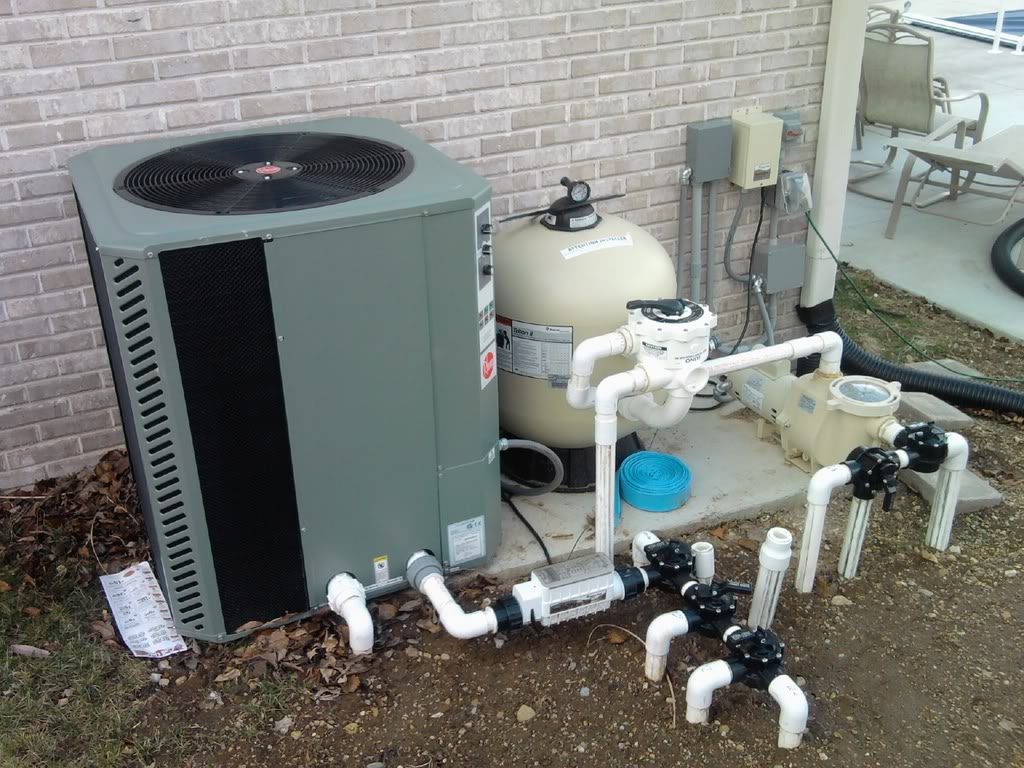
And unlike a gas pump which normally has a lifespan of 5 years, if you decide to buy an above ground pool heater pump you can expect to use it for up to 20 years with proper maintenance. It’s also good for the environment as it uses a clean and renewable energy source (air) and generates no pollution.
The size of heaters for pools is measured in Btu and horsepower. The standard options ar 3.5hp or 75 000 Btu, 5hp / 100 000 Btu, 6 hp / 120 000 Btu.
What size pool heater to get depends normally on the surface area of the pool and the surrounding average air temperature. Some other factors to account for are wind exposure, humidity and the temperatures at night. In other words, if your pool is at a location that gets heavy wind, is low humidity and the nights are cool, then you’d need a larger pump independent of the pool size.
If you’re thinking about installing a swimming pool heat pump for your own pool, it’s recommended that you use a pool cover. It is particularly practical since it prevents the pool water from losing heat (especially at night) – the use of a pool cover can save up to 50% on energy costs.
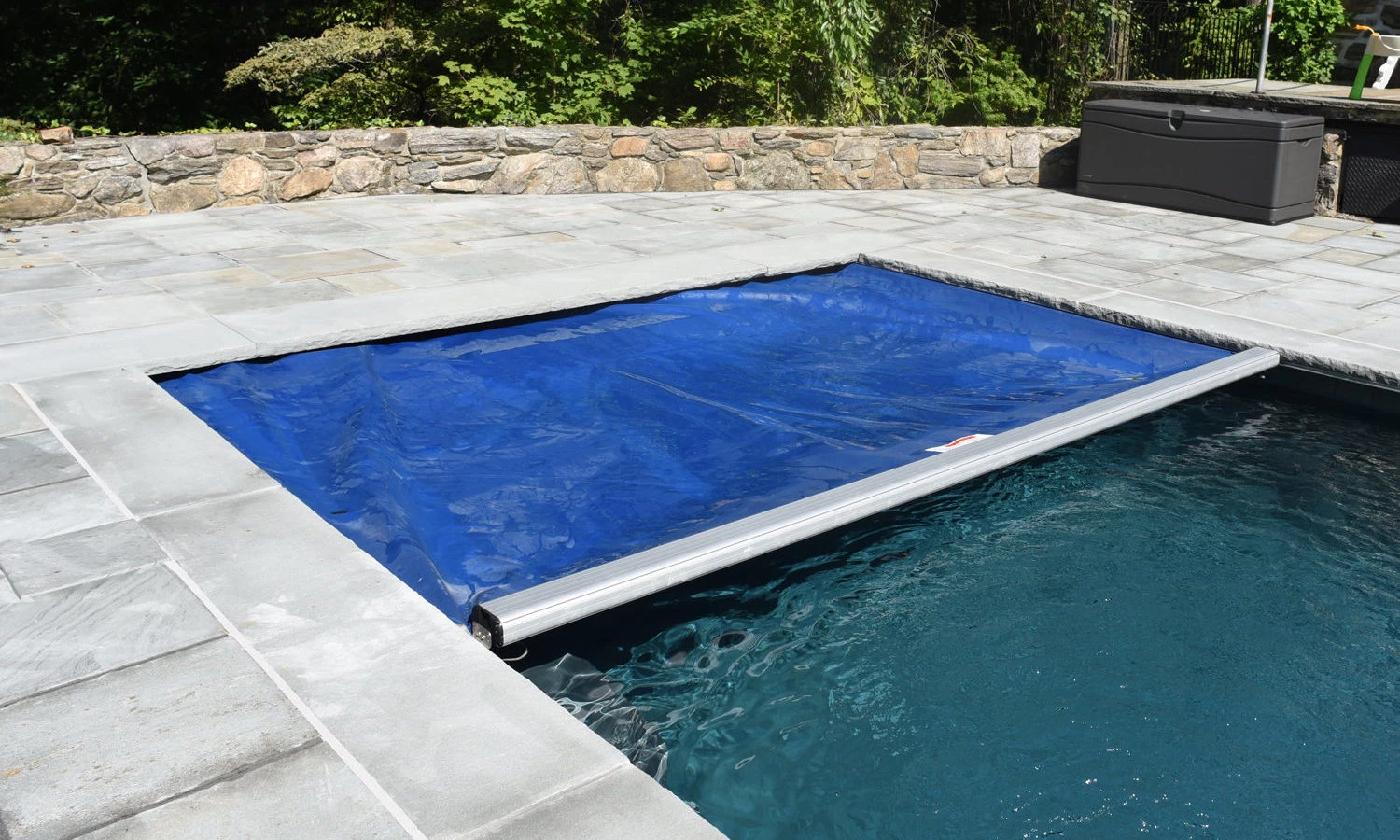
If your pool isn’t covered, you’ll need a pool heat pump with a bigger heating capability (about 35 per cent higher). You can choose a swimming pool heat pump ranging from 9.0kW to 12.0kW for a 30m3 pool with a pool cover. However, if you have a pool of the same size but no pool cover, you should choose a pool heat pump of the same size.
Besides hp and Btu, there’s another measurement to take into consideration – COP. COP is short for ‘coefficient of performance’. So, the higher this number is, the more efficient the heater would be. In Australia, heaters range from 3 – 7 COP, which basically means an efficiency of 300% – 700%. In other words, for every 1 kw/h electricity the heater uses to power the compressor, you get 3-7 units of heat.
Your pool heater’s efficiency can be improved with proper installation and maintenance. Installing the heater, especially the hookup, and performing tricky maintenance or repair activities should be done by a qualified pool professional.
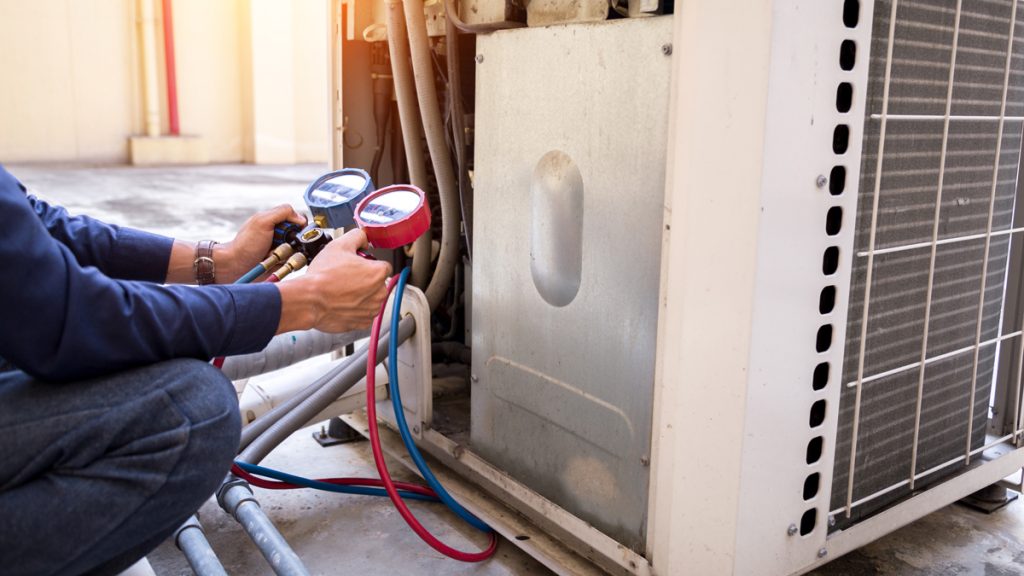
For a maintenance schedule and/or recommendations, consult your owner’s handbook. Your pool heater will most likely need to be tuned up once a year. Because of the various moving and electrical elements of a heat pump pool heater, it will almost certainly need to be serviced by an air conditioning technician on a regular basis.
Heat pump pool heaters can last 10 years or more with correct installation and maintenance.